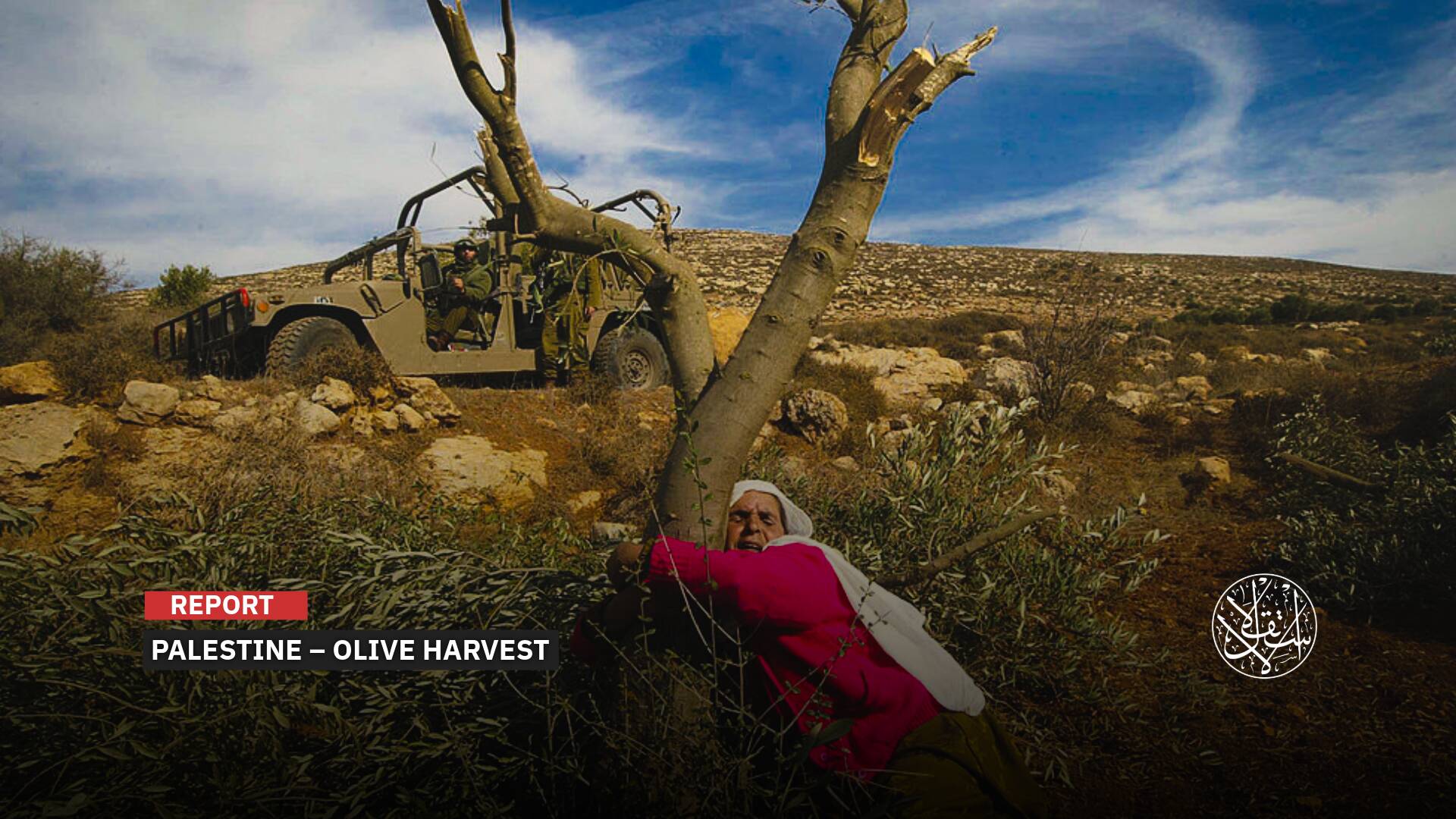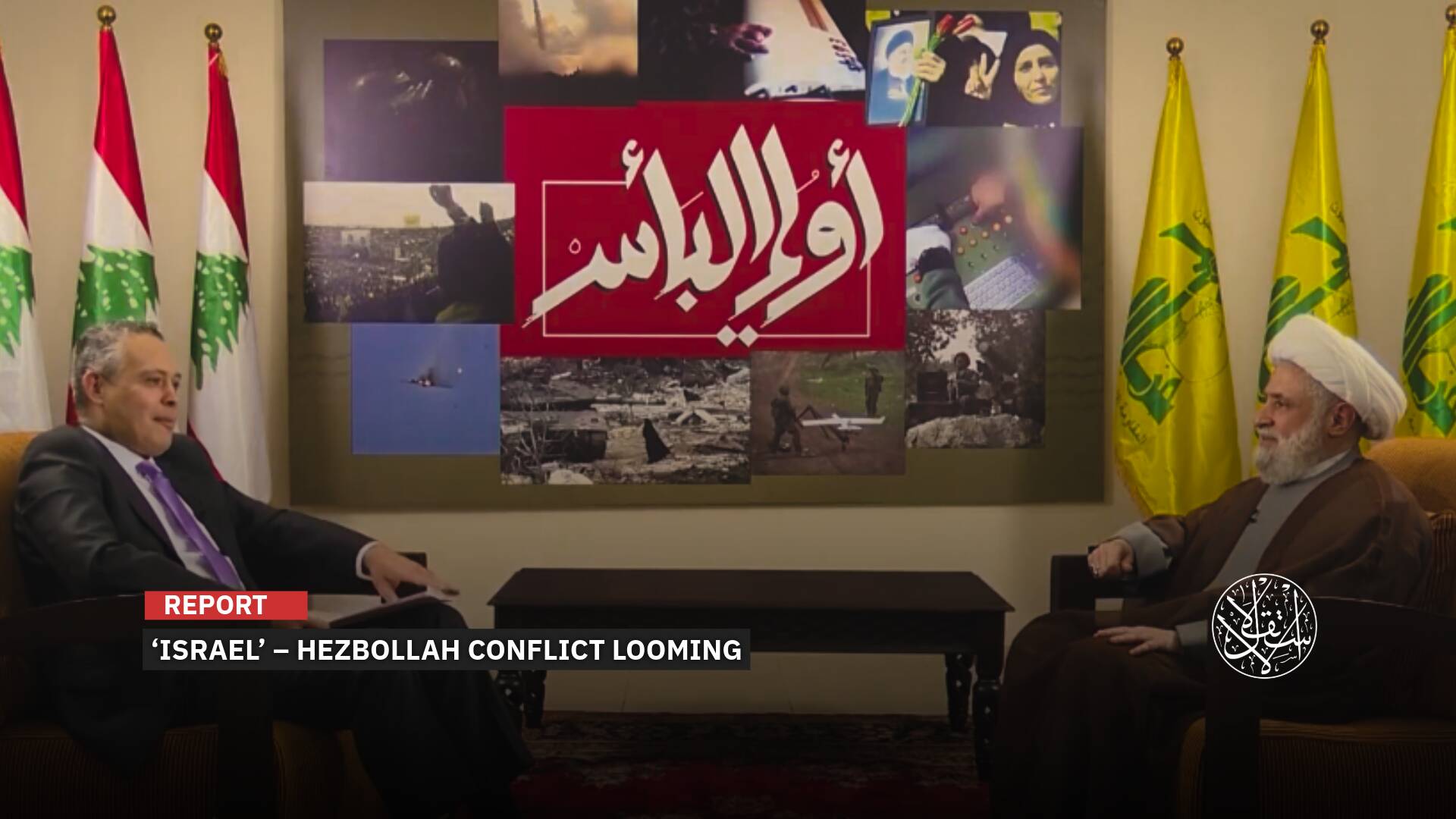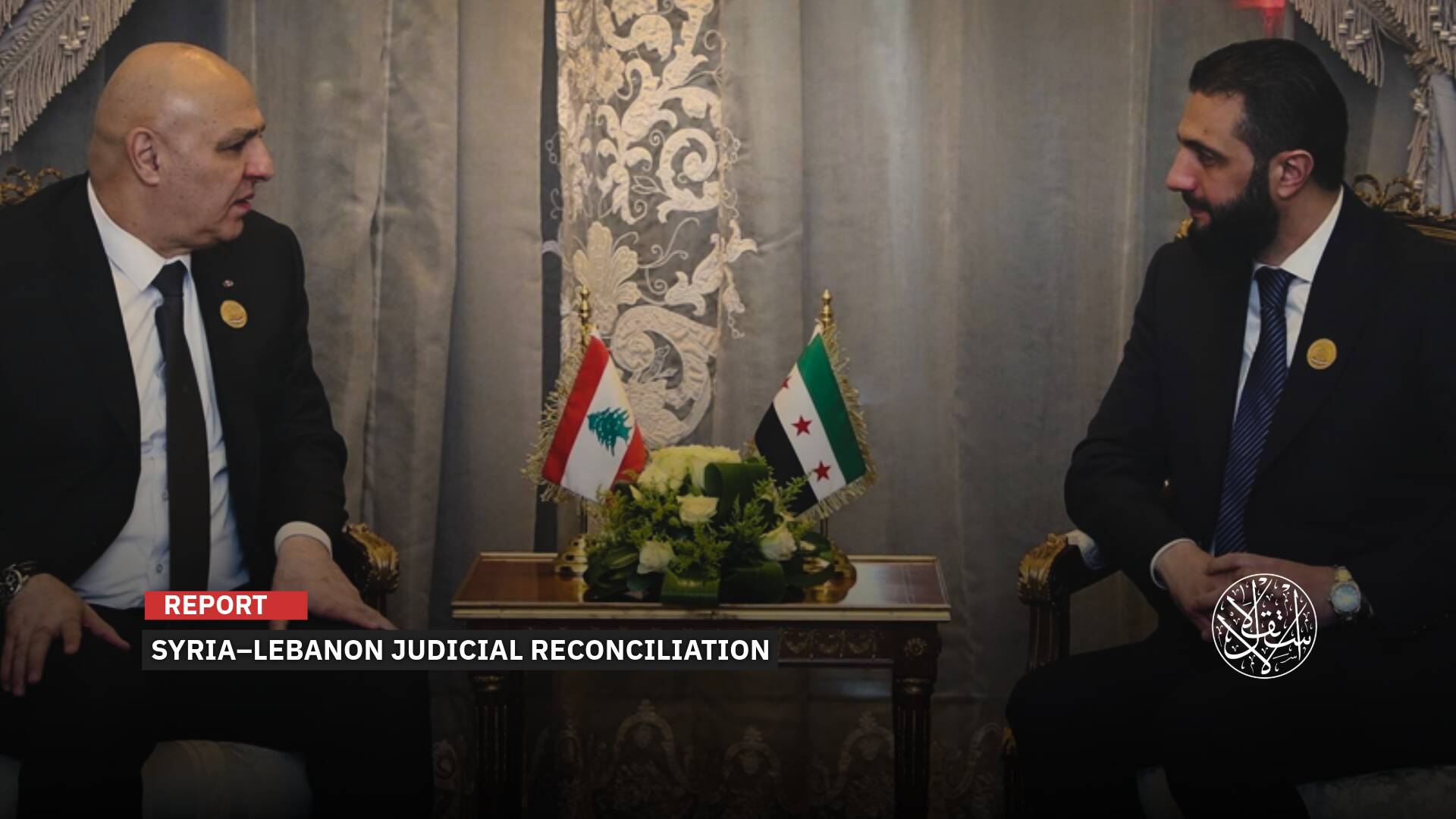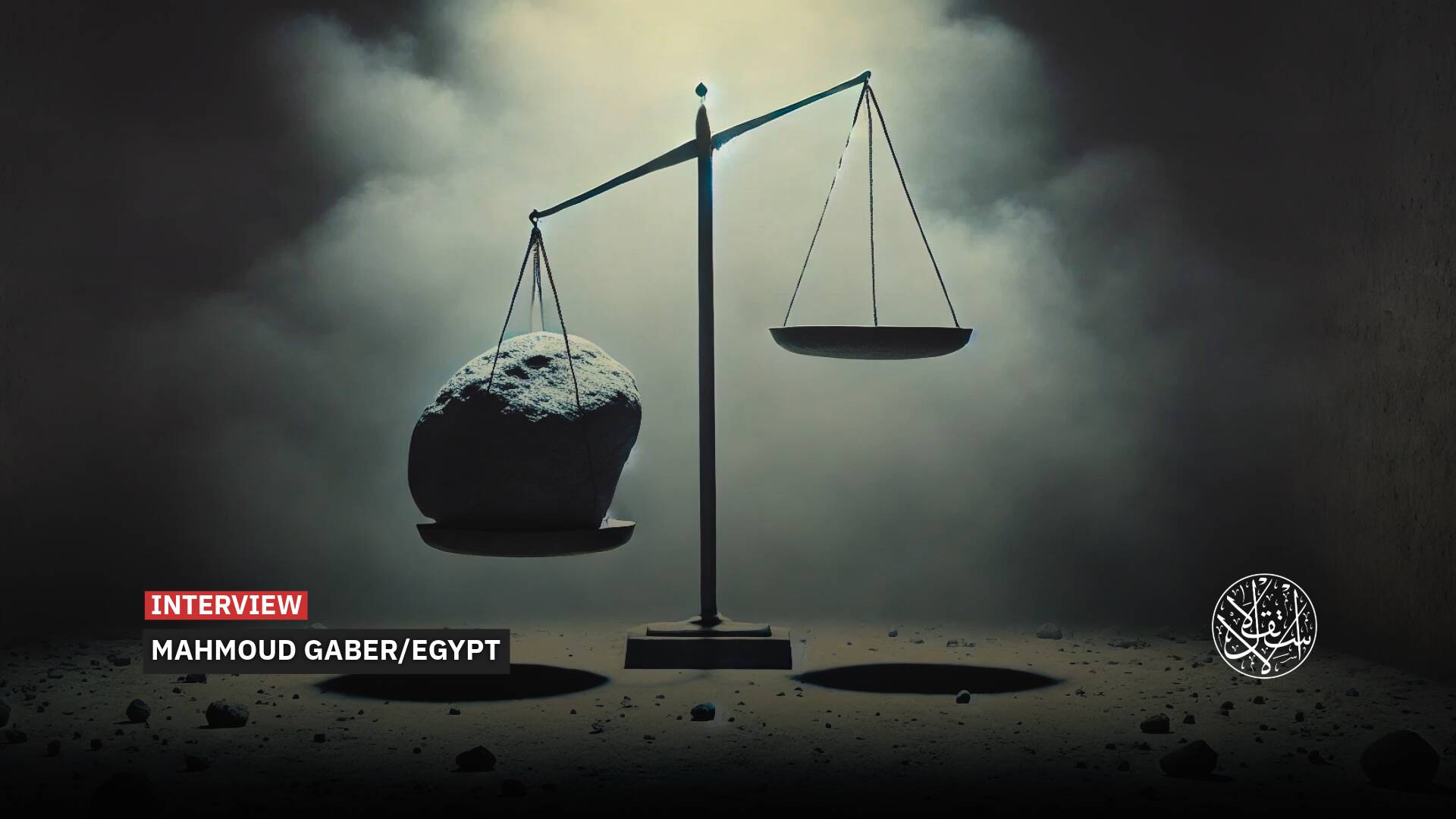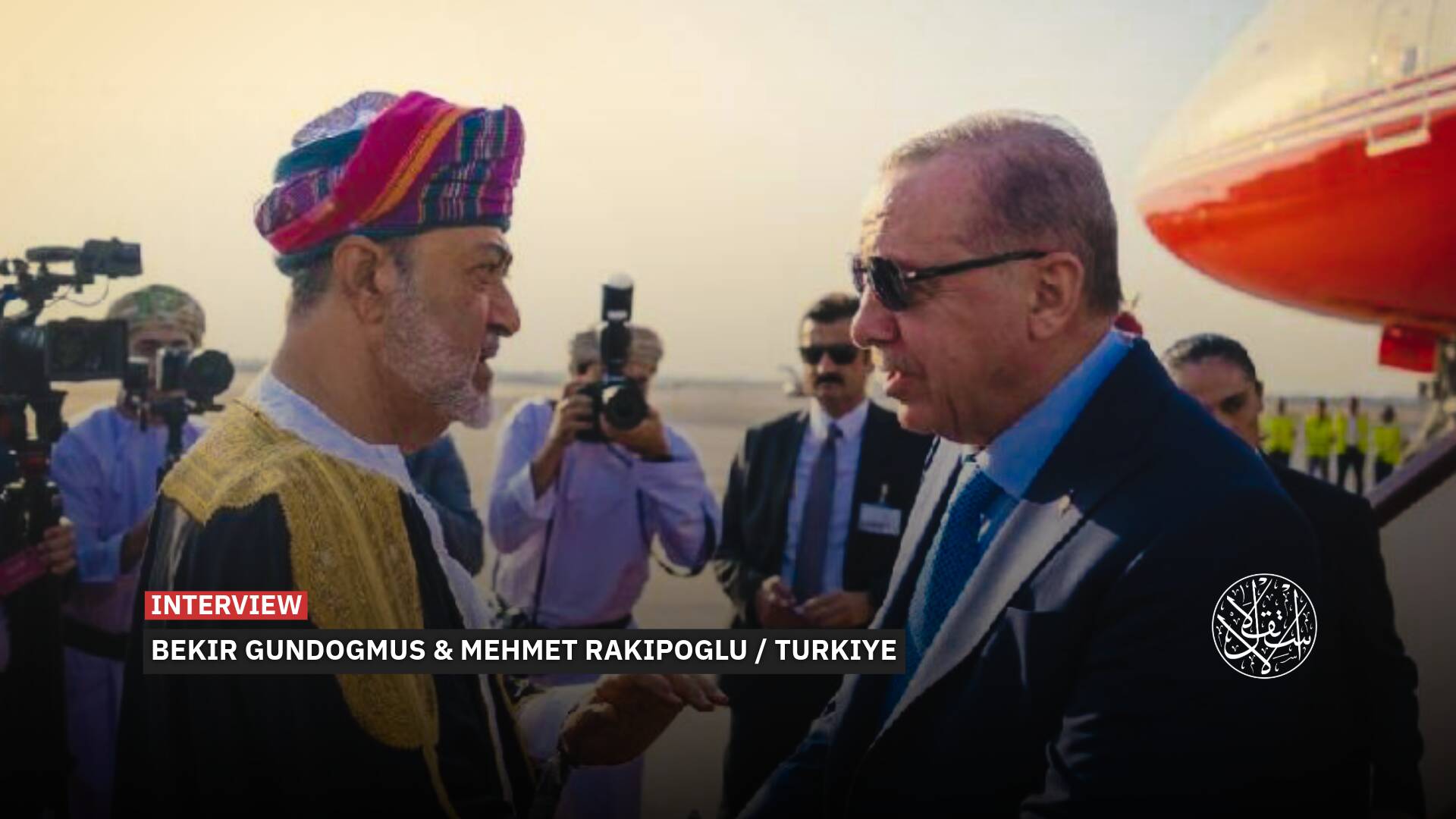How Have Arab and Islamic Curricula Changed as a Result of Normalization With ‘Israel’?

A new study has found that Saudi Arabia has made significant changes to its school textbooks in recent years, reducing anti-Semitic and anti-“Israel” content and promoting more tolerant and peaceful messages.
The study, conducted by IMPACT-se, a research and policy institute that monitors education in the Middle East, analyzed 301 textbooks published by the Saudi Ministry of Education since 2016 when Crown Prince Mohammed bin Salman (MBS) came to power and initiated a series of reforms.
They also removed materials that accused “Israel” of using women, drugs, and media to achieve its goals and conspiracies, and of expanding its borders from the Nile to the Euphrates.
No More Enemies
The textbooks also deleted a song about opposing Jewish settlement in Palestine, a school assignment that asked students to refute Zionist claims about their relationship with Palestine, a lesson on the positive results of the first intifada, and an accusation that “Israel” set fire to al-Aqsa Mosque in 1969.
In some cases, the textbooks replaced terms like “the Zionist enemy” or “the Israeli enemy” with “the Israeli Occupation.”
However, the textbooks still do not recognize the existence or legitimacy of “Israel,” do not teach about the Holocaust, ignore “Israel” name on maps, describe Zionism as a colonialist and racist European movement, and consider the motives of “Israel” for launching the 1967 war as controlling Islamic and Christian holy places and oil sites in Sinai.
The study also noted some progress in social gender issues, as well as more critical content against Hezbollah and the Houthis supported by Iran and the Muslim Brotherhood group.
Marcus Sheff, CEO of IMPACT-se, said that every reform in school textbooks was important, but especially so in Saudi Arabia, which is a leader of Sunni doctrine in Islamic countries.
His deputy, Arik Agassi, praised MBS’s changes as “very courageous and unprecedented” and “a sign of things to come,” noting that Saudi textbooks are distributed to Islamic communities around the world and studied by tens of millions of students in mosques and other educational places.
The study comes amid attempts by Saudi Arabia to normalize relations with “Israel,” which have been met with resistance by some segments of Saudi society.
The Hebrew media has been closely following the developments in Saudi education as an indicator of the kingdom’s willingness to reduce hostility toward “Israel.”
This is not the first time that “Israel” has praised Saudi curricula. It claims that they have begun to witness fundamental changes.
This means that the spirit of rapprochement between “Tel Aviv” and Riyadh has taken its way toward removing anti-occupation content from school books. The kingdom seeks to reduce hostility toward the occupation.
They are encouraging results from this point of view because they indicate a positive change in the position of Saudi Arabia’s education system.

Egypt’s Case
The Saudi report resembles a previous report that monitored the Egyptian education system and praised it for making significant improvements in its portrayal of Jews and Judaism in recent years.
The report, issued by IMPACT-se as well, found that newly published textbooks in Egypt showed “a shift in direction” from the previous hostility and stereotypes that marred the relations between the two countries for decades, despite the peace treaty signed by President Anwar Sadat and Prime Minister Menachem Begin in 1978.
The report said that Egypt has embarked on a yearly process of reforming its national curriculum since 2018, which is expected to be completed by 2030.
It noted that the revised textbooks for primary schools, which were introduced in 2021, did not contain the usual negative depictions of Jews as disloyal, greedy, and hateful of Muslims, but instead emphasized the commonalities and mutual respect between Islam and Judaism.
However, the report also cautioned that the change was gradual and incomplete, and that millions of middle and high school students were still exposed to “hateful and anti-Jewish” content in their textbooks, such as blaming the Jews for causing anti-Semitism in Europe, portraying them as a financial elite, and accusing the Zionists of exploiting the Holocaust to justify their immigration to Palestine at the expense of the Arabs.
The report added that the Holocaust was not taught in Egyptian schools, except for one history book that mentioned it briefly.
Sheff commended the Egyptian government under President Abdel Fattah el-Sisi for fulfilling its promise to reform the curricula.
He said that Egypt had the largest education system in the Middle East and North Africa, with 25 million children enrolled in schools, and that removing anti-Semitism and other hatred from textbooks was a great contribution to creating a tolerant Egyptian society and region.
He also pointed out that under Sisi’s leadership, relations between Egypt and “Israel” had grown stronger and that Cairo had become the main mediator between “Israel” and the Palestinian factions in Gaza.

Ending Hostility
Jihan al-Shaer, a social studies teacher in Egypt, told Al-Estiklal that social studies and Islamic education were the most affected by the changes.
“Many lessons that dealt with Israel have been modified by deletion or mitigation. The maps that used to mention the phrase occupied Palestinian territories in geography books now write the West Bank and Gaza Strip instead, along with the name Israel on the rest of Palestine’s regions,” she said.
Al-Shaer pointed out that the plan did not start recently as rumored but started more than three decades ago.
“I remember receiving a map from the educational administration at the beginning of my professional life in the late eighties, and it was a luxurious and colorful map that was attractive in presenting the countries of the Arab homeland, except that it included the word Israel instead of Palestine.”
She added: “I learned then that it was presented as part of the U.S. aid program to Egypt, so I chose not to show it to my students ever as a kind of silent resistance.”
The changes reflect the principle of “cold peace” between Egypt and “Israel,” as the peace agreement signed by the late President Anwar Sadat did not lead to real normalization at the popular level, and the regime of ousted President Hosni Mubarak had to respect the overwhelming popular rejection of normalization.
But the new Israeli report suggests that the current authority in Egypt is not only seeking to erase the negative image of “Israel” but also to improve it.
The IMPACT-se report said: “Today Egyptian students learn about the benefits of the 1979 peace agreement, with major positive changes made compared to school books during Mubarak’s era, as there is more focus on Israel’s legitimacy as a peace partner and economic benefit.”
The report also said that some of the historical figures and events related to Jerusalem (al-Quds) and the wars between Egypt and “Israel” were deleted or reduced from the new curricula, such as Salah al-Din al-Ayyubi, a Muslim leader who recaptured Jerusalem from Crusaders, and jihad verses from religious education.




